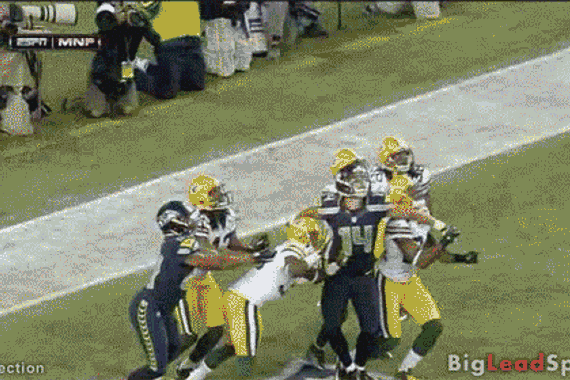Branding is a symbol – a symbol of ownership in the case of an animal brand, a symbol of who made this in the case of a trademark or insignia on a product. But branding goes well beyond marks of ownership or manufacture. Brands are codes in the complex worlds of ownership or market exchange or commerce. In the case of ownership, a brand communicates a number of additional things to any observer: the brand not only says I own the animal or object but also I value it and I will defend my ownership. In the case of a commercial or trade brand this code is even more symbolic and loaded with implicit meanings. A trade brand stands for the quality of the good or service but also an implicit guarantee of warranty of service if the product falters or needs service. There are also anumber of other expectations implicit in a trade brand – such expectations as continuing development and improvements to the product or service so future purchases will be either an improved product or the equivalent; expectations that there are no hidden costs which will be encountered during the products lifetime; or expectations there are no exploitation costs – cutting corners in the production, delivery or servicing of the product becuase
Yes, branding is a short hand code and a marker of trust for an individual or organization. You see a trade brand and immediately you know that the product or service has implicit guarantees of quality, price, service, continued improvements and no hidden future costs. Companies and organizations spend as much as 20-30% of their sales in marketing to create brand awareness and trust. For many a company’s brand encapsulates the worth or value of the company or organization. So maintaining that brand value should be a top priority for top management. So now lets see how how 3 organizations have set about ruining their brands.
The NFL
Two replacement Refs make opposite calls at end of Packers-Seahawks game
Although established well after baseball in 1920, Pro Football became the most popular US national sport as measured by TV viewers by 1965 which position it still retains.Under Commissioner Pete Rozelle and then Paul Tagliabue the NFL attained a reputation of having exciting and competitive games with greater team parity than in baseball and basketball. As well the integrity of the game regarding officiating, and control of betting has been considered outstanding. This integrity status has been enhanced by the NFL being the leader in controlling drug usage in professional support in contrast with the drug problems in baselball, European cycling and soccer. Despite the sports inherent fierceness and sometimes violent tackles and hitting, the NFL games do not have the on field fighting like the baseball and hockey nor the problem of fan violence seen in soccer worldwide. The NFL has earned a reputation for athletic excellence plus individual and team preparation being the key to success in the sport.
As a results, the NFL makes $9Billion per year and TV viewership has grown by 8% so far in the 2012 season. A single Super Bowl 1/2 minute commercial sells for $4million, which is more than the $3.2million in pension funding that is in dispute between the regular NFL referees and the League. So the NFL lockout of the regular referees over the $3.2million in pension funding was a surprise. The salary of a referee is about $150,000 year, the average salary of a NFL player is $1.75 million and Commissioner Goodell’s salary is $10M. So a continued prolonged strike needing replacement referees past the pre-season games was expected. This situation was made worse because the replacement referees were not drawn from the college ranks but rather from lower rung Arena and Lingeries football.
So here is the situation question. Why endanger the
The net result is that during the preseason games it became evident that the replacement referees a)were not completely in command of the games often complex rulings, b)often made time and distance errors; c)were not nearly as competent as the regular referees in working together to make the correct call and c) just did not watch the game and make split second decisions with the same precision of regular referees. As the season started with the replacement referees, more and more games suffered not just from poor calls but also the players and coaches scrumming and shoving after plays. In short, the NFL, for the sake of 1/2 minute of Super Bowl revenues, was cheapening the games integrity drastically while also endangering the players as a raft of illegal hit calls were not being made. One could argue that several games would have different results because the replacement referees were either blowing a call or failing to make one when a foul, with instant replay for proof, was clearly made.
So why endanger the intgrity and reputation of NFL games? A new York Times report provides some insight:
accompanying ideology were soundly beaten back. ”
2000 – 2008 Wall Street – Lack of due diligence, ignore fiduciary responsibility, monte carlo gamble with derviatives, bond market collapse, stock market collapse, bailout by Government, perps escape with full pay, bonus, and benefits.
Why is Wall Street hated?

